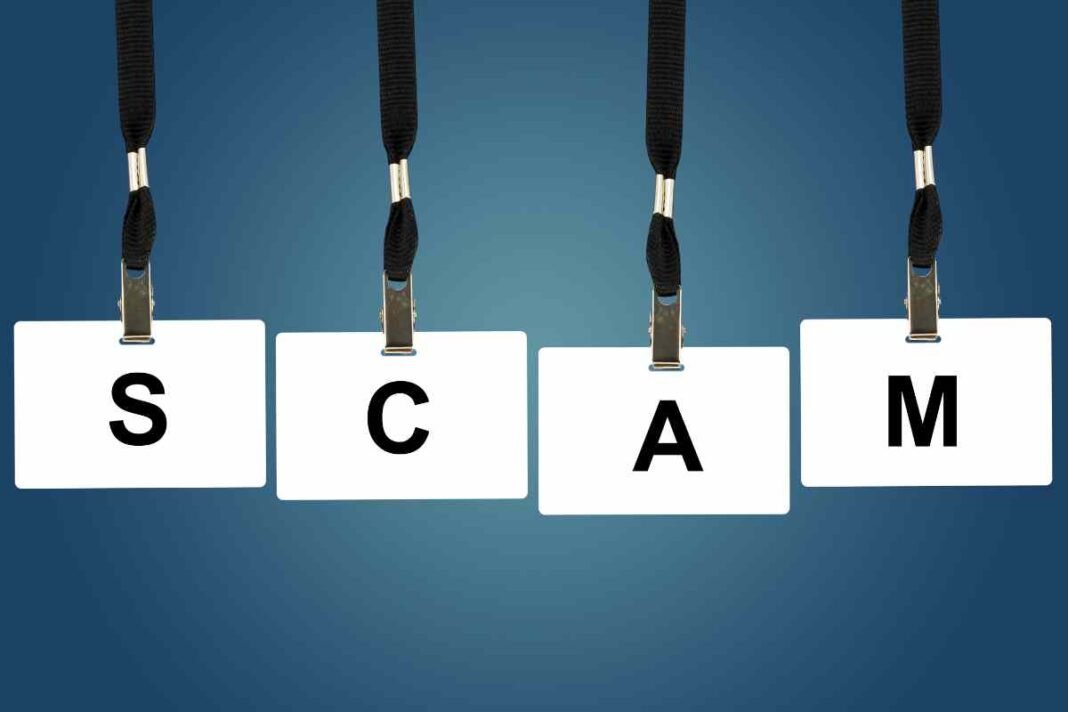The Central Bank of the UAE (CBUAE), in collaboration with Abu Dhabi Police and Dubai Police, has issued a fresh alert against six specific types of cyber scams. The public is being urged to stay vigilant and avoid interacting with suspicious messages or offers.
Types of Cyber Scams
The CBUAE has identified six prevalent types of cyber fraud that residents should be aware of:
- Phishing Scams: Fraudsters send emails or text messages that appear to be from legitimate sources, such as banks, to extract personal information like bank account details. These messages often contain spelling or grammatical errors. Victims are often lured into clicking on links that lead to fake websites designed to steal their information.
- Email Hacking: Cybercriminals hack into the email accounts of well-known companies and request victims to transfer funds to fraudulent accounts. This scam often targets businesses, leading to significant financial losses. Individuals must verify the authenticity of email senders before responding.
- Identity Theft: Scammers pose as representatives of trusted organizations, such as banks or official entities, to obtain sensitive information like credit card numbers. Identity theft can lead to unauthorized transactions and financial loss. Victims may also face legal complications if their identity is used for criminal activities.
- Invoice Fraud: Fraudsters forge invoices from legitimate companies, causing victims to transfer funds into their accounts instead of the intended company’s account. This scam is particularly common in business-to-business transactions, where large sums of money are transferred regularly.
- Impersonation and Loan Fraud: Criminals use stolen personal data, such as names and ID numbers, to obtain loans or credit cards under false identities. Victims may only discover the fraud when they receive notices of unpaid debts or when their credit score is affected.
- Fake Products: Fraudsters promote fake goods through phone calls, websites, or social media platforms, tricking users into paying for products that are never delivered. These scams often involve counterfeit luxury items, electronics, or other high-demand products.
Warning from Authorities
Abu Dhabi Police has also issued warnings regarding new deceptive tactics employed by fraudsters to lure victims through fake investment platforms. Criminals publish professional-looking advertisements with seemingly official endorsements to build credibility. They falsely inflate profits after initial investments to encourage victims to deposit more money, but withdrawal requests are denied.
How to Identify Fraudulent Messages
The CBUAE advises individuals to note errors in communications, as fraudulent messages often contain spelling or grammatical mistakes. They also urge the public to avoid interacting with senders of suspicious messages and to report any such incidents to their respective banks first and then to the financial crimes department of the police. If the bank’s response is unsatisfactory, complaints can be submitted via the Central Bank’s dispute resolution unit called Sanadak.
Tips to Stay Safe
To protect yourself from cyber scams, follow these tips:
- Verify Sender Details: Always check the sender’s email address or phone number for any discrepancies. Government authorities do not initiate contact through public email accounts or social media platforms.
- Be Cautious with Links: Avoid clicking on links or downloading attachments from unknown or suspicious sources. These could lead to phishing websites or malware installation. Always hover over links to see the actual URL before clicking.
- Use Strong Passwords: Ensure that your online accounts have strong, unique passwords. Change them regularly and avoid using the same password for multiple accounts. Consider using a password manager to keep track of your passwords.
- Enable Two-Factor Authentication: Add an extra layer of security to your accounts by enabling two-factor authentication. This requires a second verification step, such as a code sent to your phone, to access your account.
- Regularly Monitor Accounts: Keep an eye on your bank and credit card statements for any unusual transactions. Report any suspicious activity to your financial institution immediately.
- Educate Yourself and Your Family: Stay informed about the latest cyber threats and educate your family members, especially children and elderly relatives, about the dangers of cyber scams.
Steps to Take If You Fall Victim
If you suspect that you have fallen victim to a cyber scam, take immediate action:
- Contact Your Bank: Inform your bank or financial institution as soon as possible to secure your accounts and prevent further unauthorized transactions.
- Report to Authorities: File a report with the local police and provide them with all relevant information and evidence.
- Monitor Your Credit: Keep an eye on your credit report for any changes or new accounts that you did not authorize. Consider placing a fraud alert or credit freeze on your report.
- Change Passwords: Update the passwords for your online accounts, especially those linked to your financial information.
- Notify Affected Parties: If your identity or financial information has been compromised, inform any relevant organizations, such as credit card companies or government agencies.
The UAE Central Bank and police are taking proactive measures to protect residents from cyber scams. By staying informed and following the provided guidelines, individuals can safeguard their personal information and financial assets. It is crucial to remain vigilant and report any suspicious activity to the authorities to help combat cybercrime effectively. As cyber threats continue to evolve, maintaining a proactive approach to cybersecurity is essential in keeping yourself and your loved ones safe.






